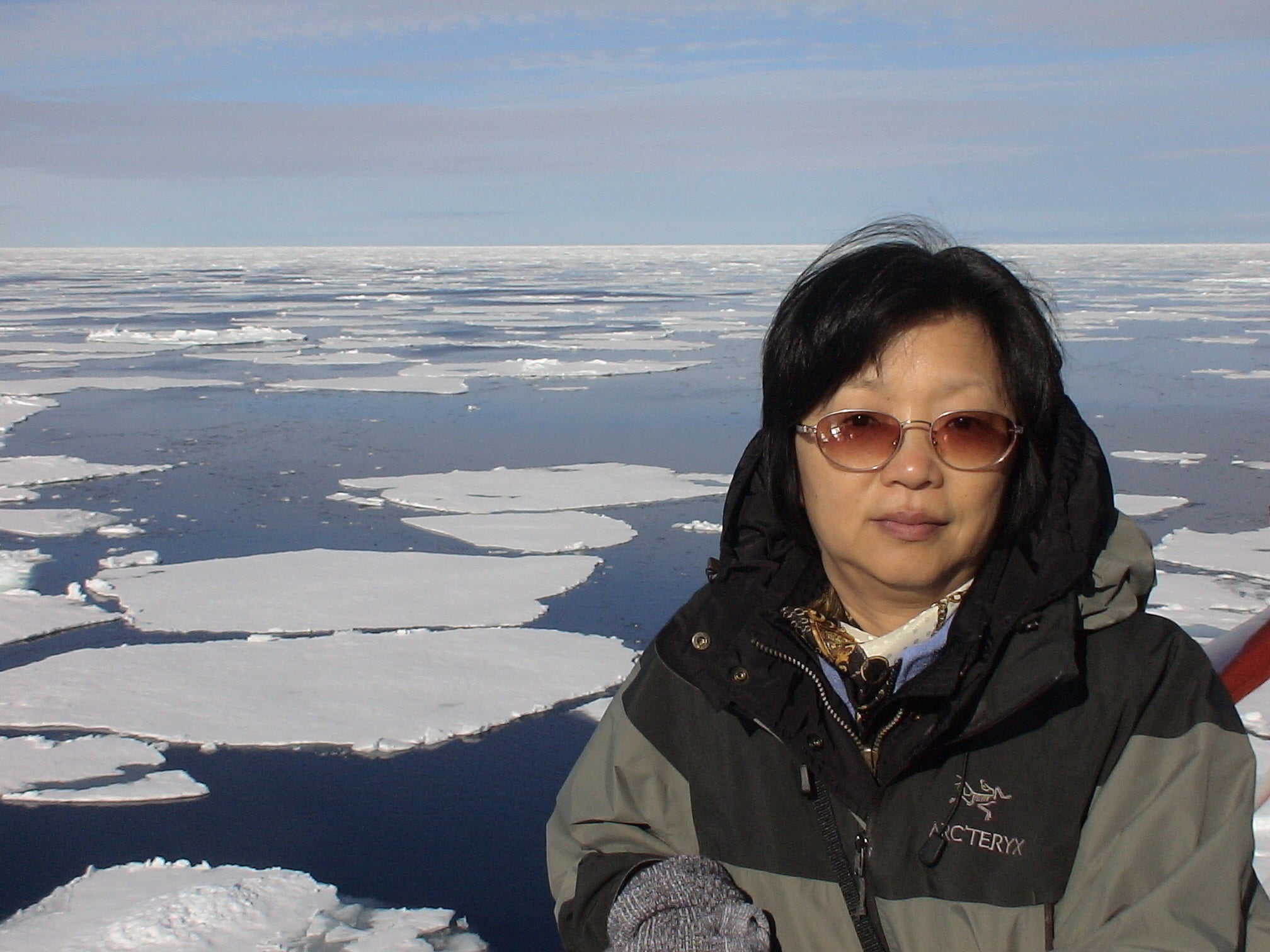
(In the words of Barry Henderson (BMath '69), husband of the late Ping Yang, and scholarship donor.)
“Ping had never smoked in her life, but was diagnosed with stage IV lung cancer in September 2010. She underwent a slew of treatments over the next three years, which did forestall the advance of the disease for periods of time.
When I heard about the ground-breaking work being done at the University using mathematics to help model and predict treatment outcomes for cancer therapies I was blown away. When I was at Waterloo, the only applications of math that I knew about were actuarial science and computer science.

During Ping’s treatments, it was obvious that although the various therapies worked, there is a degree of ‘let’s try and see what happens’ - in effect, trial and error. Some of the side effects of radiation and chemotherapy can be severe, which affects the quality of life. A lot of focus in current research is about preserving or enhancing quality of life during treatment. Anything that helps with this quest is very welcome.
It turns out that mathematical models can indeed help predict optimum dosage versus side effects, thereby reducing side effects and enhancing overall quality of life. Another exciting research development is the nano delivery of chemotherapy drugs and the models will again help with predicting best outcomes and minimal impact to the healthy cells.
I and our family and friends are so very proud to be part of this ground-breaking research in a small way and look forward to hearing about the research work in the years to come. We see this as a very fitting tribute and remembrance for Ping and her zest for life.”

The Ping Yang Memorial Graduate Scholarship will be awarded annually to a full-time graduate student in Applied Mathematics who is conducting research in Mathematical Oncology. Professor Siv Sivaloganathan, head of the mathematical medicine research group, says he and his colleagues Dr. Mohammad Kohandel and Dr. Pino Tenti (retired) are thrilled to have this support thanks to a generous donation from Mr. Henderson and his family and friends.
“This gift is visionary,” says Professor Sivaloganathan. “Mathematical modelling provides insights that have the power to advance cancer treatments. Our discoveries lead to a long-term deeper understanding of the underlying biological processes that lead to cancer progression. Math complements the work being done in hospitals by oncologists who are testing clinical practices. It is as important as the technology that is being developed for the treatment of cancer.
Researchers in this field feel a great responsibility. We’re not just working toward publications and grants; we’re improving the quality of life.”